With a population of over 69 million people, Thailand has a very diverse and unique culture, one of which is its annual traditional festivals.
The festivals here are extremely interesting with many attractive entertainment activities, promising to bring visitors unprecedented experiences.
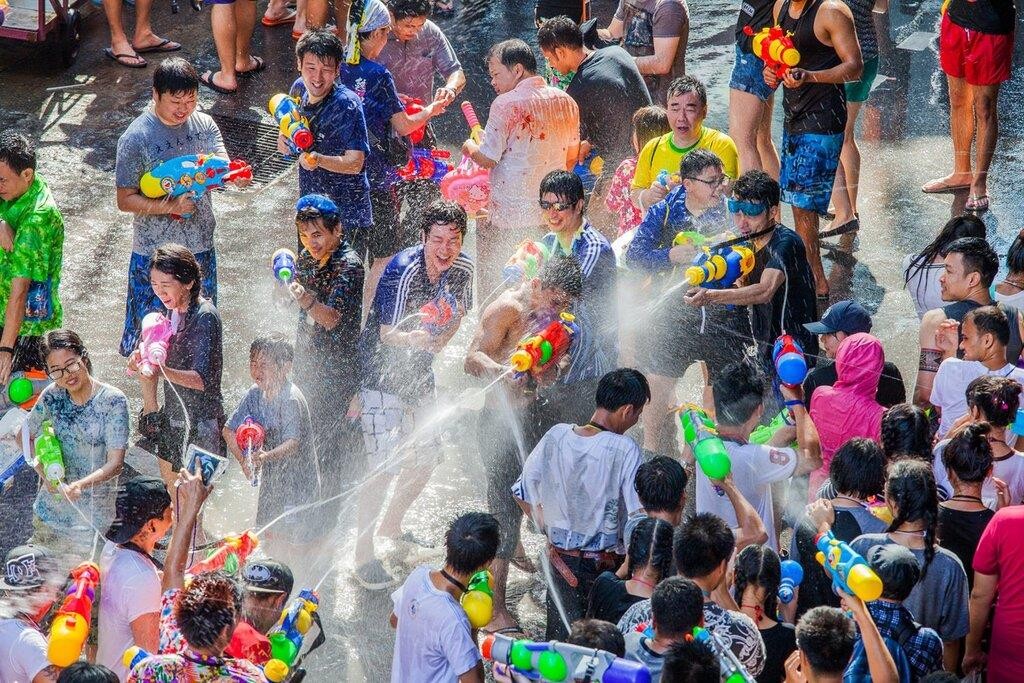 |
| The Songkran water festival in 2024 will last nearly a month. (Source: Vietravel ) |
“Soaked” with the Songkran water festival
Songkran Festival is a 3-day “water battle” throughout Thailand. In the bustling atmosphere with traditional dances, water guns, plastic pipes, buckets… or anything that can hold water can be used to become “weapons” in this festival.
People will “water” each other with cold water or fruit juice.
In Sanskrit, "Songkran" means "transition" or "beginning anew". The festival is believed to have originated in India, where people celebrate the New Year by splashing water on each other to wash away the bad luck of the old year and wish for good luck in the new year.
The custom of splashing water on New Year's Day in Thailand has existed for a long time, however, it was not until 1941 that the Thai Royal Family officially set the date to hold it on the first day of the year according to the Buddhist calendar (corresponding to April 13-15 according to the Gregorian calendar).
Unlike the traditional New Year's Day of other countries, Thailand's Songkran festival is a communal celebration that attracts everyone's participation.
According to the announcement from the Thai government, Songkran in 2024 will last from April 1-21. This decision was made to promote Thailand's tourism industry as well as to make Songkran an opportunity to exchange and make friends between local people and Thai tourists.
"We want to make Songkran an event that people have to fly to Thailand to attend," said Paetongtarn Shinawatra, chairwoman of the National Soft Power Strategy Committee (NSPSC).
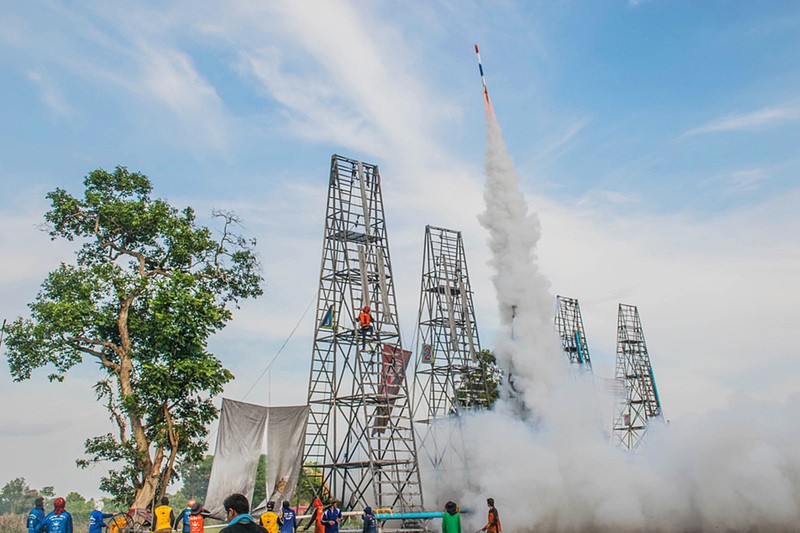 |
| Bun Bang Fai is an occasion for people to pray for a favorable and bountiful planting season, and at the same time remind everyone to cherish the sacred and precious life. (Source: Shutterstock) |
Experience Folk Culture at the Bun Bang Fai Rocket Festival
Taking place every May, the Bun Bang Fai festival, also known as the rocket festival, is one of the unique traditional festivals of the land of golden temples. This festival is usually held in Yasothon province, about 500 km northeast of Bangkok.
Bun Bang Fai is an occasion for people to pray for a favorable and bountiful planting season, and at the same time remind everyone to cherish the sacred and precious life.
The highlight of the festival is the competition of launching homemade rockets, known as Bang Fai Ko, on the third day of the festival. These rockets are elaborately decorated and offered at temples before being launched into the sky.
The organizers will score the teams and determine the winner based on the rocket's altitude, flight path, and beautiful smoke trails. The only catch is that the losing teams will have to jump into a mud puddle.
In addition to rocket launches, the Bun Bang Fai festival also features cultural activities, music , dancing and local cuisine. The festival attracts a large number of visitors from all over, especially those who want to experience folk culture and watch the amazing sight of hundreds of rockets flashing into the sky.
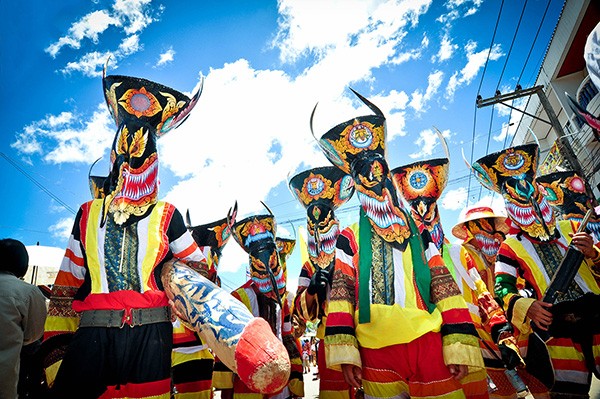 |
| The Phi Ta Khon Ghost Festival is an opportunity for Thai people to express their gratitude to the gods and to the spirits who have protected and sheltered people's lives. (Source: Along Walker) |
"Startled" ghost festival
While the Western Halloween festival takes place on October 31, the ghost festival (or Pee Ta Khon) in Thailand is usually held around June or July every year and takes place in the grounds of local temples.
The main activity of the festival is the parade of participants dressed in ghost costumes. This costume usually includes masks, hats and clothes with many strange shapes and bright colors.
The unique feature is the demon mask made from coconut tree trunk, covered with a layer of wicker and steamed sticky rice. The word “Pee” means ghost and “Khon” means mask.
The festival is held as an opportunity for Thai people to express their gratitude to the gods and to the spirits who have protected and sheltered their lives. Pee Ta Khon not only has spiritual significance, the connection of “two worlds” but also a long-standing cultural tradition of Thailand.
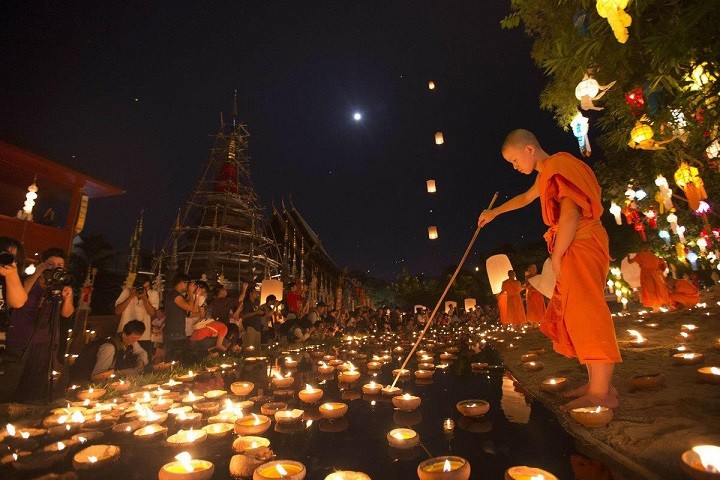 |
| The candle festival is held on a large scale and with diverse activities. (Source: Transviet) |
Sparkling candle festival
The Candle Festival marks the beginning of Phansa, the rainy season, which is also the Buddhist retreat. It is held in July every year in Ubon Ratchathani province, northeastern Thailand.
Initially, people tied small candles together into a large bundle and carried them to the temple to make offerings. Tying these candles together represented the solidarity of the whole community, somewhat similar to the story of the bundle of chopsticks in Vietnam.
Gradually, as candle making became more developed, people began pouring wax into large candle molds with beautiful decorative motifs and began holding competitions to find the most impressive work.
The entries will be paraded through the streets and become the main event of the festival.
The festival is celebrated on a large scale and with a variety of activities, including traditional cultural activities such as music performances, dancing and folk games, and religious ceremonies such as offerings at temples and prayers for a peaceful Phansa season.
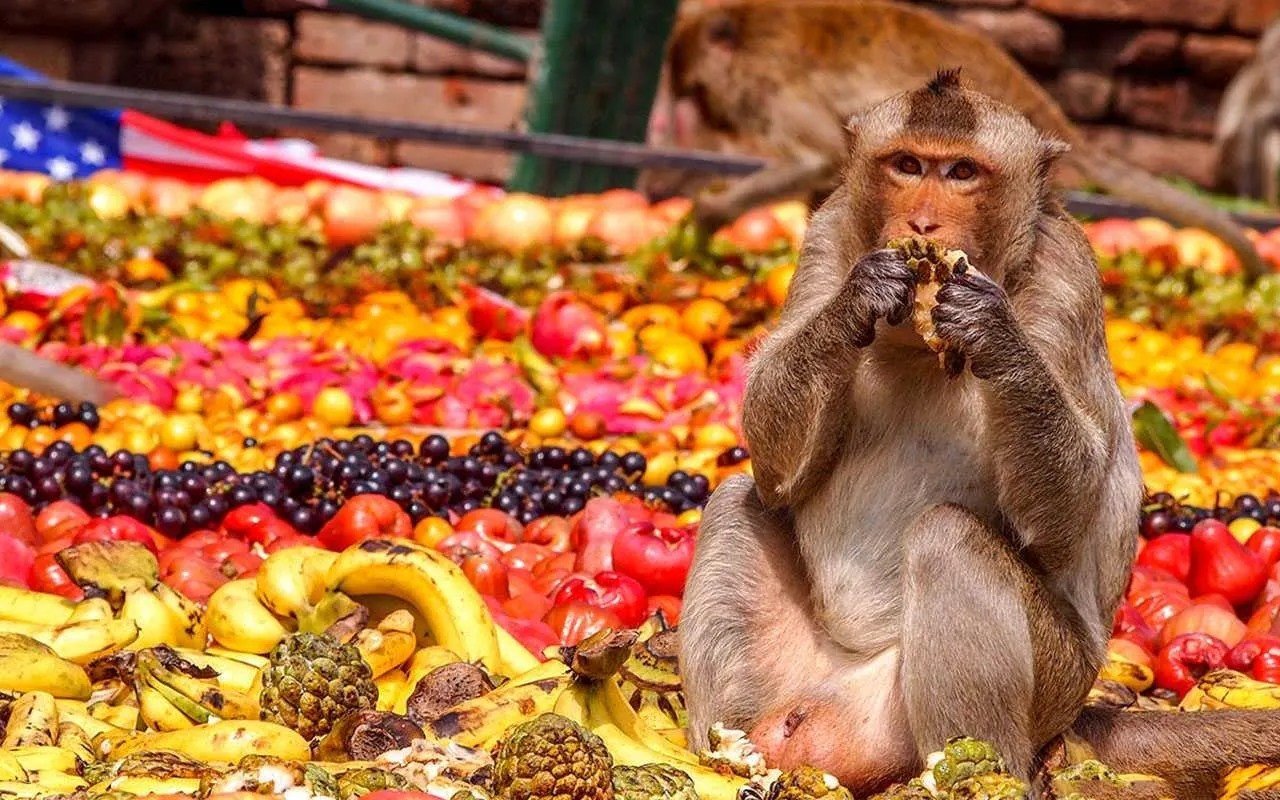 |
| The Lopburi Monkey Festival was first held in 1989 by a local businessman. (Source: Telegraph ) |
Lopburi Monkey Party
The Lopburi Monkey Party is one of the biggest festivals in Thailand, held annually in the province of Lopburi. LopBuri was chosen as the venue for this event because there are thousands of monkeys living freely there. They roam around, are given food and drinks, and freely play with tourists.
Thai people consider monkeys as the most loyal and brave soldiers in protecting the safety of Narai - the most revered god of Hinduism, along with the story of Monkey King Hanuman and his army winning the battle against the demon lord that is deeply imprinted in the minds of Thai people.
Organizing this "super big" party is both an opportunity for people to honor monkeys and a way to promote and stimulate tourism.
During the festival, local fruits, foods and drinks are arranged on altars at temples and shrines dedicated to monkeys.
It is estimated that about 4 tons of various fruits are used in this buffet festival, including bananas, apples, grapes, custard apples, melons, apples, pears, pineapples, jellies, jams, vegetables and many different types of drinks such as fruit juice, coca, milk, mineral water...
Source


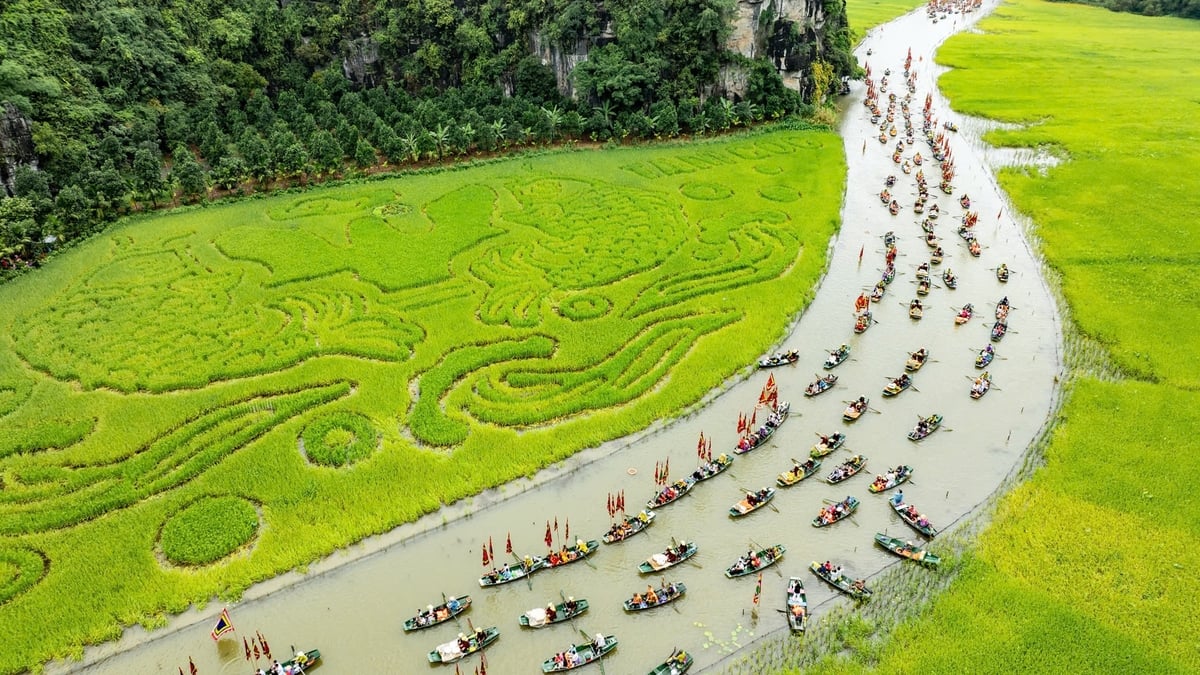
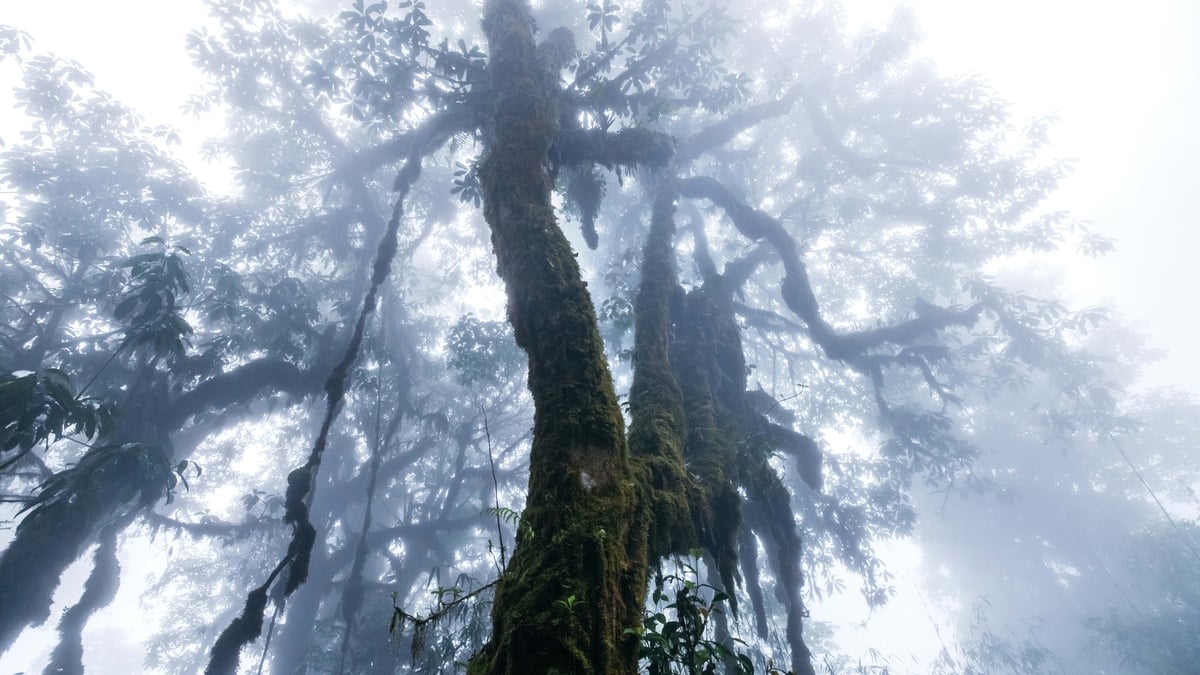
![[Photo] Party and State leaders visit former President Tran Duc Luong](https://vphoto.vietnam.vn/thumb/1200x675/vietnam/resource/IMAGE/2025/5/24/960db9b19102400e8df68d5a6caadcf6)
![[Photo] Ho Chi Minh City holds funeral for former President Tran Duc Luong](https://vphoto.vietnam.vn/thumb/1200x675/vietnam/resource/IMAGE/2025/5/24/9c1858ebd3d04170b6cef2e6bcb2019e)


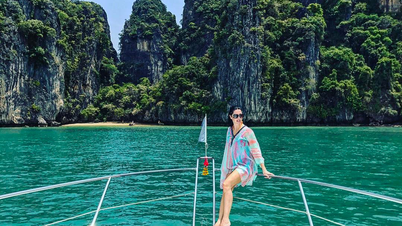

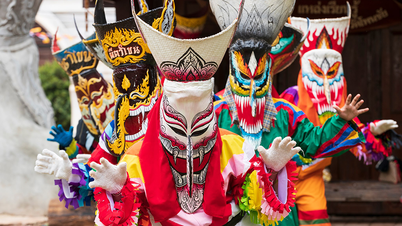


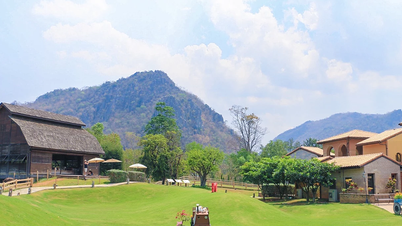
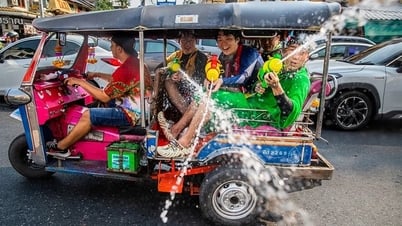






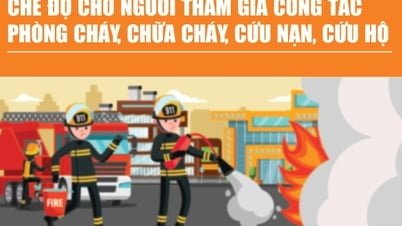

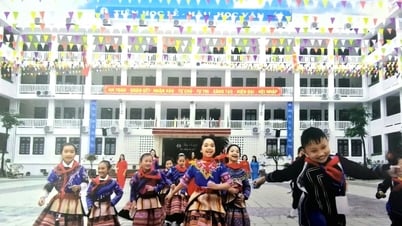
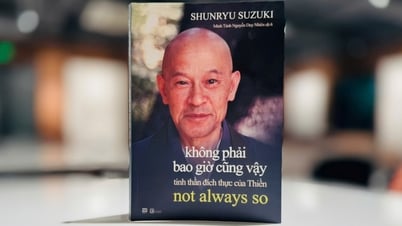

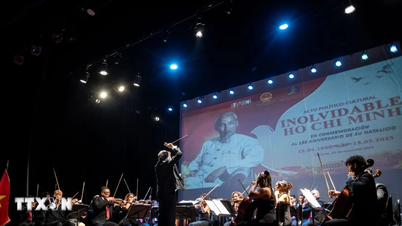





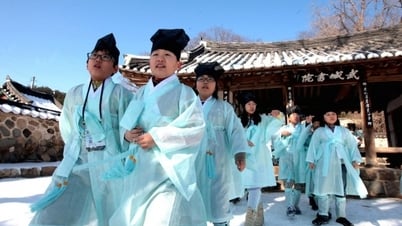
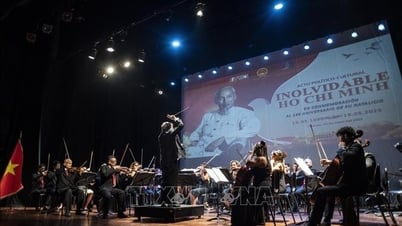
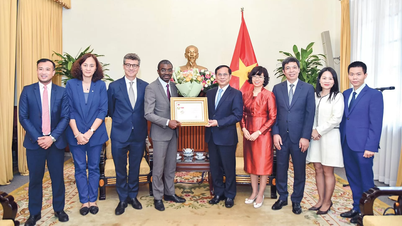
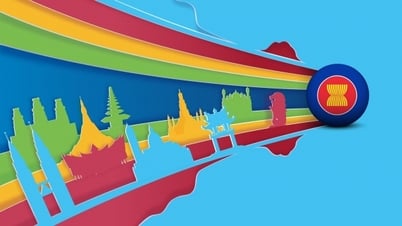
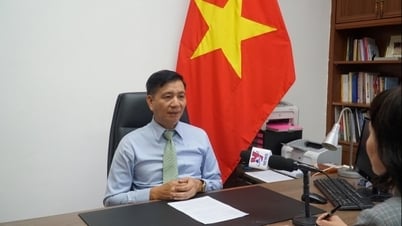
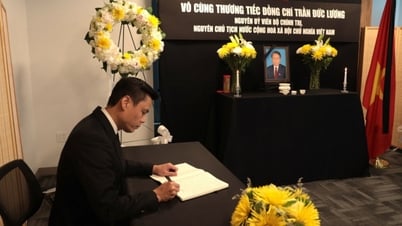
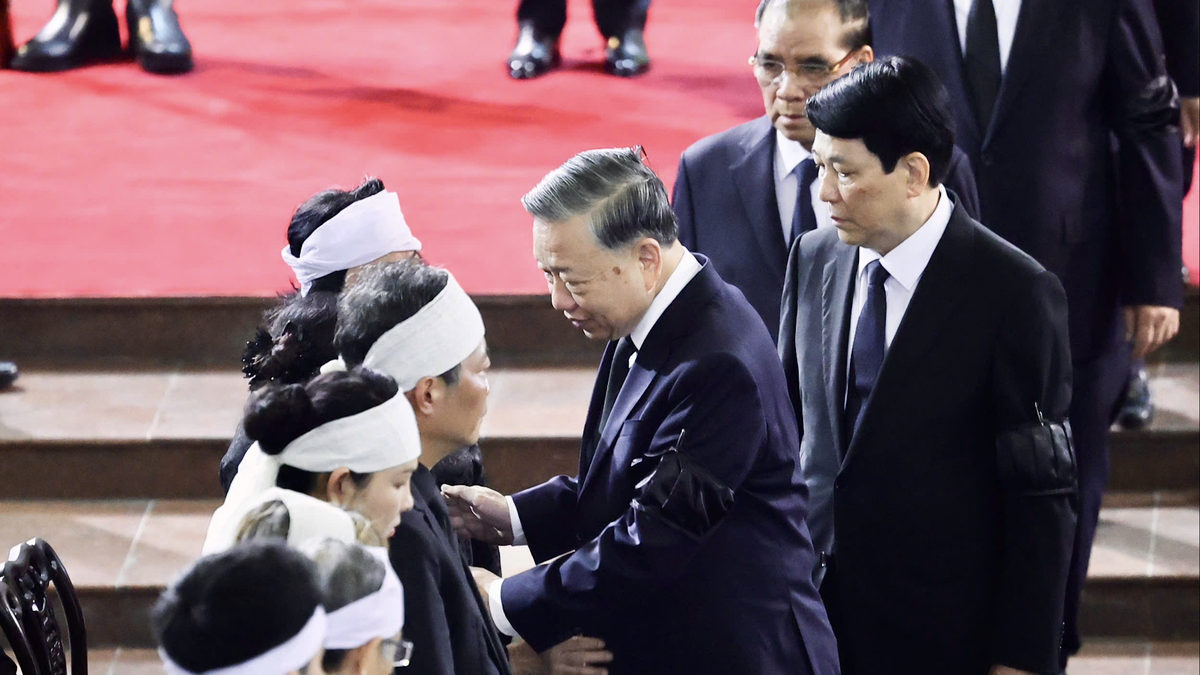
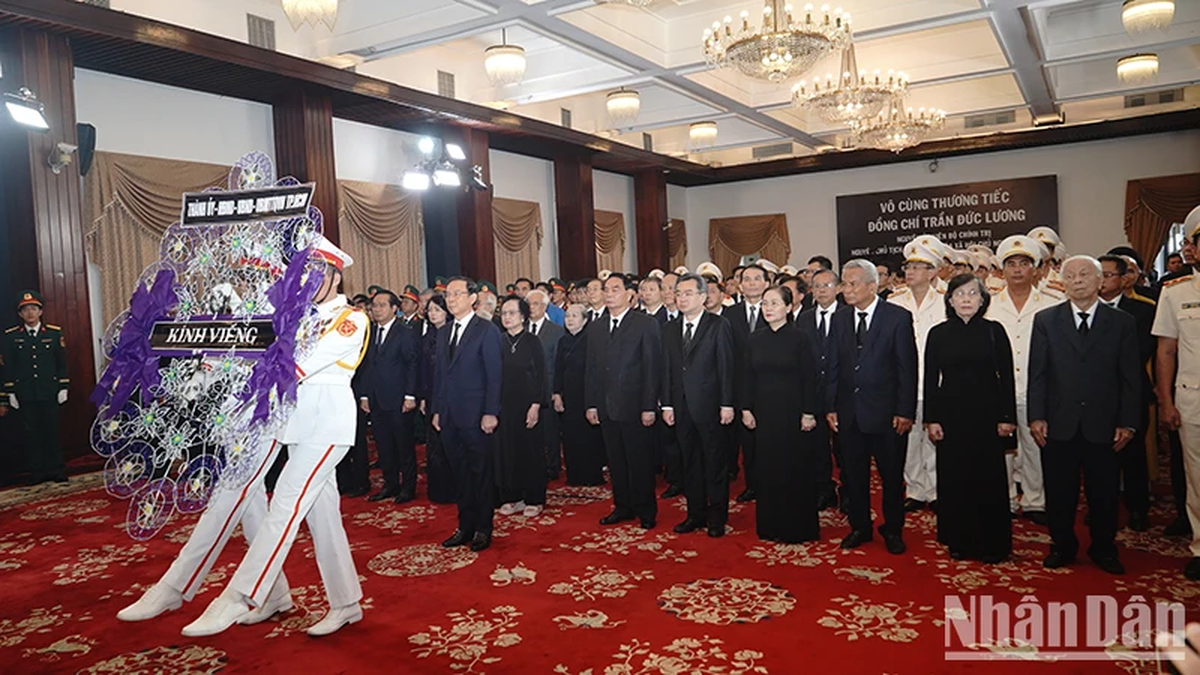


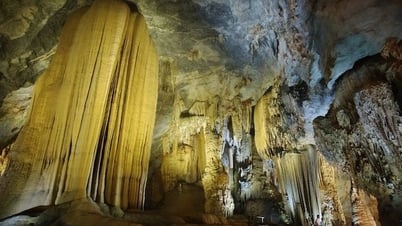

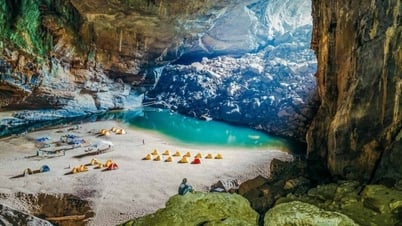


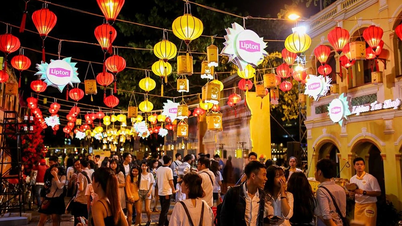

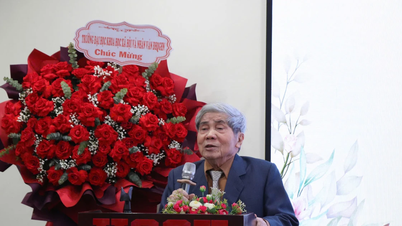
















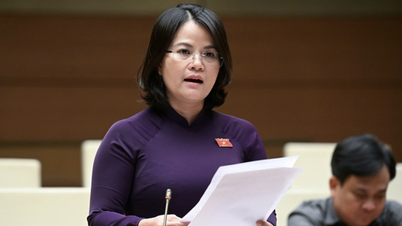
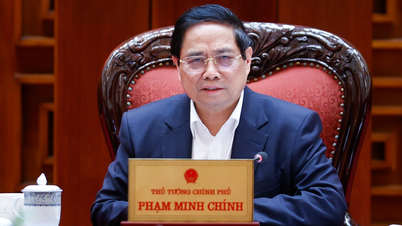
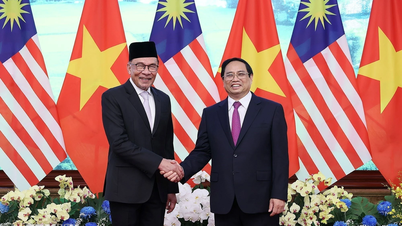
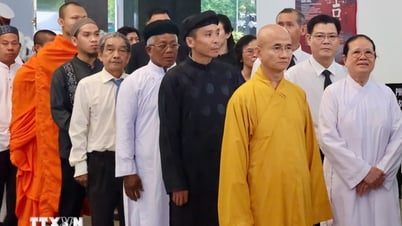
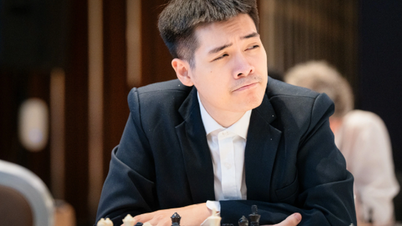
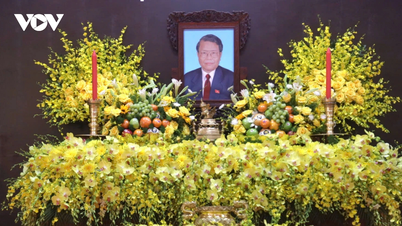







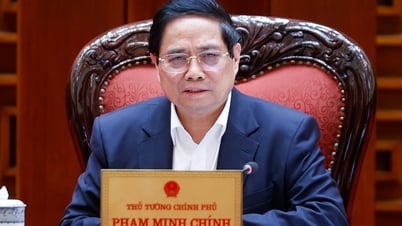

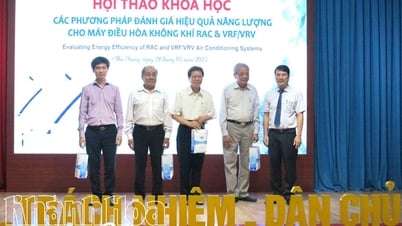

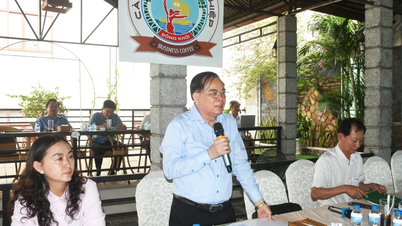

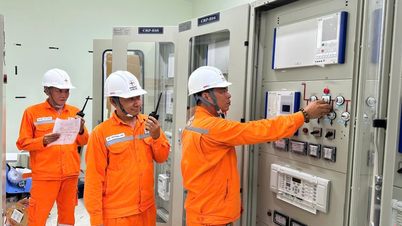
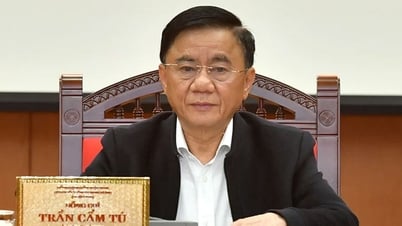

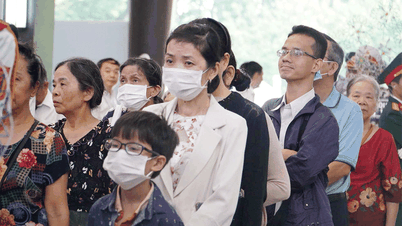












Comment (0)